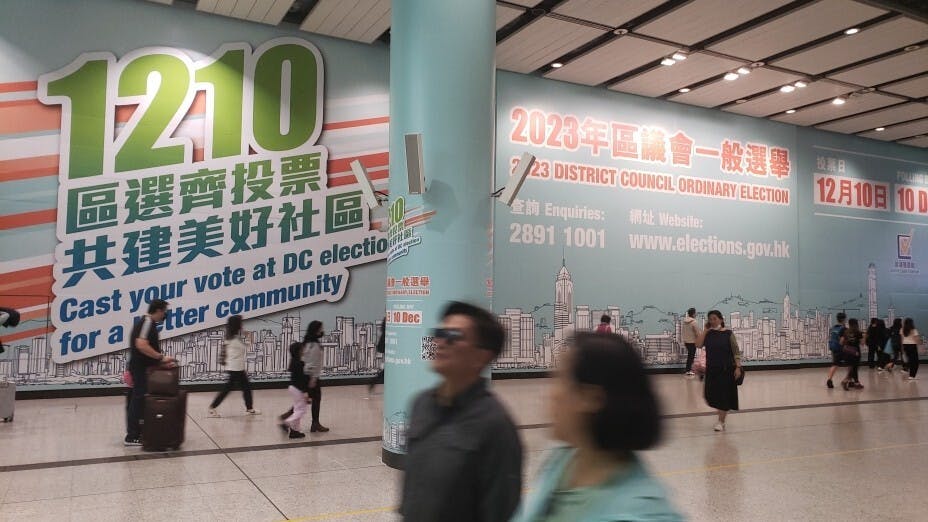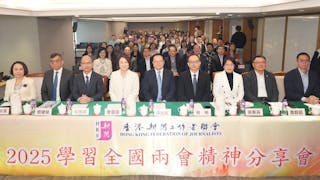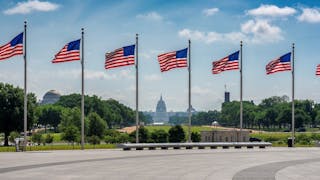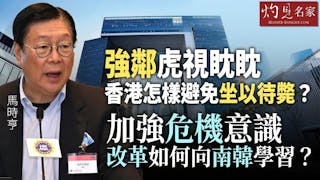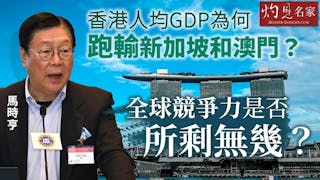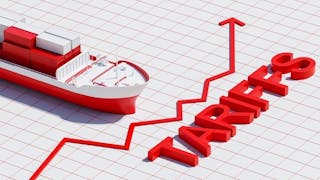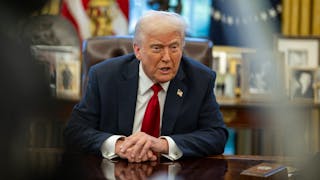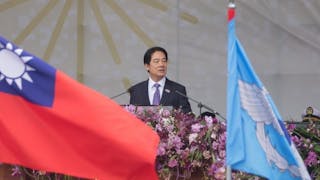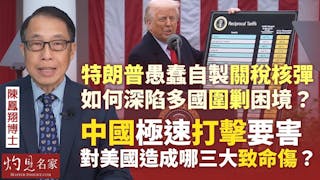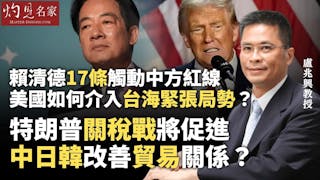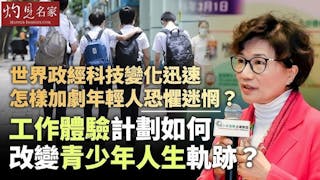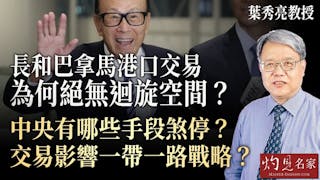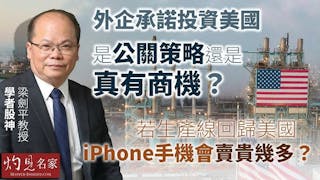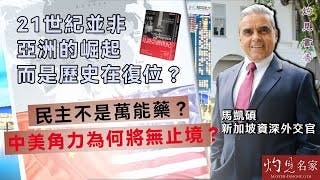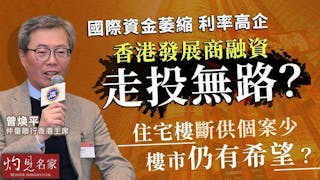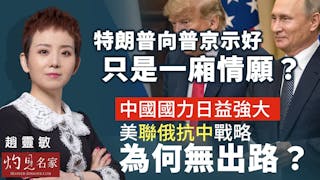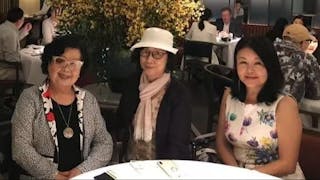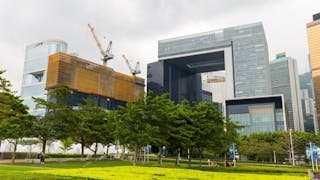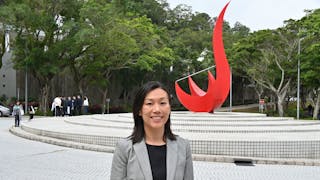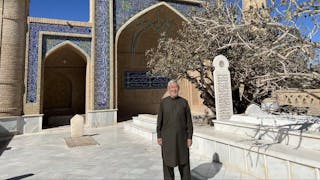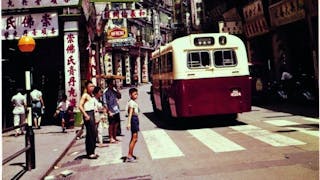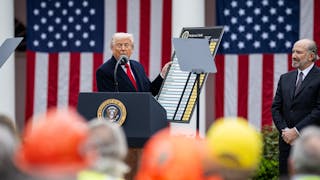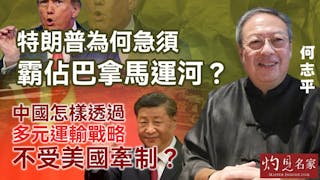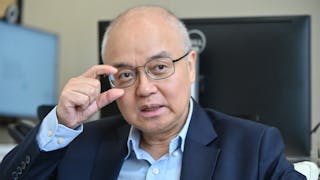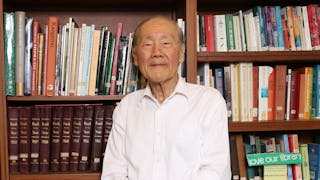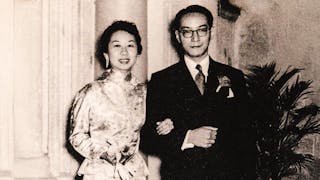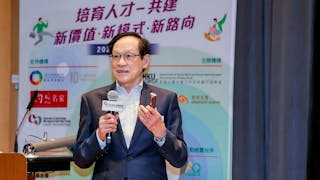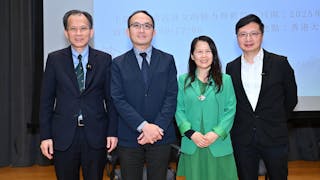香港重塑區議會的組成與選舉辦法後,首次選舉在2023年12月10日舉行。總體來說,這一次選舉可視為成功,因為愛國陣營動員了許多支持者在投票日投票;儘管如此,仍有相當多的地方今後需要進一步改進。
首先,共有119萬選民,投票率為27.54%,這個結果令人滿意,顯示建制派力量得到全面動員。投票模式顯示,上午9點30分到11點30分,每小時的選民投票率接近3%,但從上午11點30分到下午4點30分,選民投票率逐漸下降──在此期間,選民投票率每小時約為2%。最後數小時投票時間(下午5點30分至晚上12點)選民投票率大概在1%到2%之間。總的來說,上午的投票率顯示了全面動員的成功,但下午晚些時候和夜間的投票興趣呈現下降。
相比2021年12月立法會選舉三成的投票率(130萬選民前往投票站),2023年區議會選舉的選民投票率已接近2021年動員的數字,堪稱成功。
建制派四大陣營 民建聯陣營最大
其次,如果以選舉結果來分析,建制派力量分為四派:民建聯和工聯會組成的長期愛國陣營;溫和愛國陣營包括自由黨、經民聯、新民黨、專業力量和港九勞工社團聯會(勞聯);新愛國陣營包括民主思路、香港新方向和紫荊黨和無黨派人士──整體結果如下表所示:
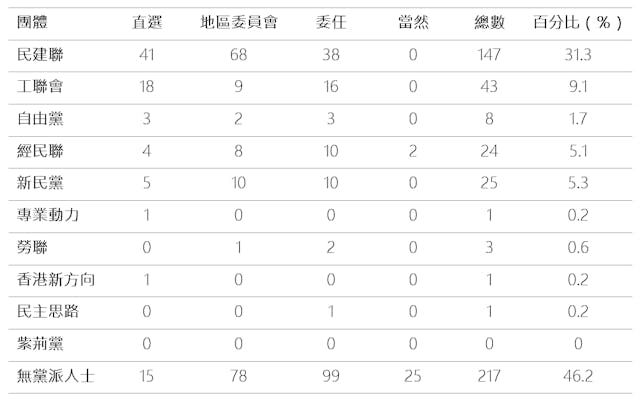
從上表可以看出,民建聯是新的區議會中最大的政治團體,而工聯會則緊隨其後,這是長期愛國陣營的強勁表現;溫和愛國陣營的表現令人滿意,其中自由黨在所有民選、區委會和委任席位中獲得8個席位(1.7%);經民聯共獲得24個席位(5.1%);新民黨獲得25個席位(5.3%);專業力量獲得1個席位,親北京的港九勞工社團聯會僅獲得3個席位,屬於弱勢溫和愛國團體。新的愛國團體表現不佳,民主思路只有一名成員獲得委任;紫荊黨沒有任何民選或委任區議員,但它的成立卻受到傳媒的關注。紫荊黨仍須本土化,因為其大陸出生的領導人尚未適應並積極參與本地的政治選舉。
不過,無黨派人士成為區議會中最大的板塊,共有217名區議員,佔46.2%的席位。鑑於親政府無黨派人士能夠獲得足夠的提名參加選舉,他們顯然是為區議會工作做出貢獻的愛國者。
民建聯主席陳克勤和工聯會主席吳秋北早在區選前就向傳媒表示,兩個團體之間並沒有協調過。看起來好像是鼓勵親北京團體互相競爭,而溫和的愛國團體可以提名成員與長期愛國團體競爭。因此,2023年區議會選舉見證了愛國力量各自競選,這或許是內地負責香港事務的官員為了在愛國陣營內部製造一定程度的多元化而故意採取的策略。
再者,選舉結束後,中聯辦、外交部駐香港特派員公署、港澳辦對區議會選舉成功表示祝賀。這是可以理解的,因為從中央的角度來看,這次選舉是一件大事,不僅保證了愛國者治港的成功,也為香港經濟的繁榮穩定奠定了堅實的社會政治基礎。最重要的是,對候選人的篩選確保了那些反中香港人被排除在區議會選舉之外,不像2019年很多人通過直選成功晉身區議會的情況。
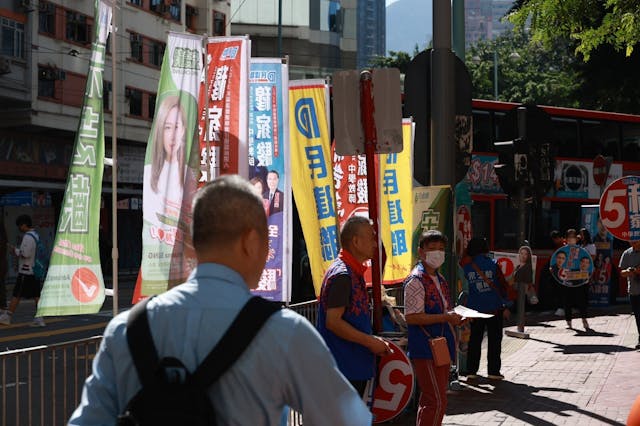
民主派不被接納 三會權力遠超其他團體
第三,前民主派候選人在2023年區議會選舉中被排除在提名外的做法,意味着他們必須改變政治傾向,才能在未來的區選中得到更大的機會獲得提名。數名民主黨成員未能獲得區議會選舉提名,雖然親北京的官方傳媒沒有透露原因,但有非官方評論指出,民主黨的綱領和立場在「政治上不可接受」,因為該黨過去批評了《香港國安法》和新的選舉制度,包括立法會2021年12月舉行的選舉。如果是這樣,民主黨可能不得不重新考慮未來是否需要修改其黨綱,以便其成員獲得更佳的提名機會。
第四,2023年區議會選舉的候選人提名權交由分區委員會、撲滅罪行委員會及防火委員會3個委員會的委員掌握。這3個委員會的成員都具有影響力和權力;他們可以提名候選人,可以投票選舉地區委員會組別的候選人。如果3個委員會中的成員有興趣參加選舉,他們也可以獲得其他成員提名。選舉前,一些民主派和其他團體的成員抱怨說,3個委員會成員的詳細資料不易公開。政府當局回覆說,如果候選人希望聯繫3個委員會的成員,可以轉介。 總體而言,政府將如何在未來的地區選舉中使3個委員會成員的聯繫方式(例如電子郵件)更容易取得,還有待觀察。
據報道,在2023年區議會選舉中,87%(409名)的區議員來自3個委員會,其中直選議員75人,147人由3個委員會選出,政府委任議員111人,以及13位當然成員(鄉事委員會成員)。如果是這樣,這3個委員會的成員在政治上的影響力和權力就遠遠超過任何其他團體。
可以理解的是,在本港政治的新時代,他們被期望成為政治體制的守門人;儘管如此,政府可能必須確保將來能夠盡量減少、最好避免角色及利益衝突。例如,區議會的委任議員最好來自3個委員會以外的界別,尤其是少數族裔人士。區選後只有兩名少數族裔人士獲委任為區議員,這個數字似乎遠少於香港人口中少數族裔人士的比例。
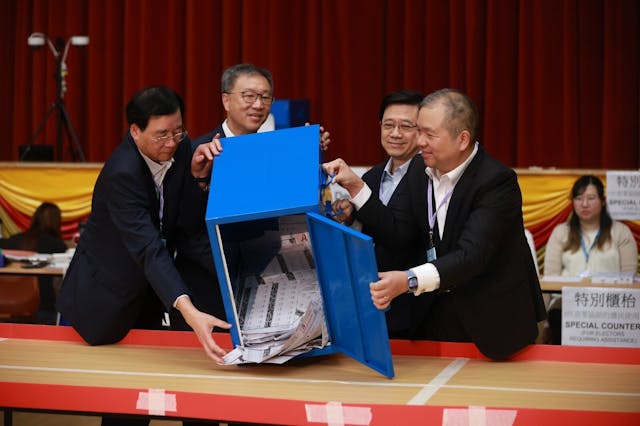
投票預演 應包括危機管理
第五,選舉當晚的電腦故障導致投票時間從晚上10時30分延長至12點,行政長官李家超要求選舉當局3個月內提交報告。選民資料庫似乎過於集中,以至於雲端運算問題影響了所有600個投票站。如果資料庫是分散的,並根據大約600個投票站中每個投票站的投票名單進行重組,那麼這種突然延長投票時間的情況本來是可以避免的。由於電腦問題,投票時間突然延長,即使沒有爭議,也是令人尷尬的。事實上,如果選舉當局希望選舉過程順利,未來的投票預演應該包括危機管理的情況。
第六,政府於12月9日晚間舉辦「區選繽紛日」嘉年華,以提高選民投票率。不過,嘉年華的內容本來可以更具體一些,強調直選不同選區的規模、每個選區的候選人數量和政綱。許多選民對自己選區的規模、候選人的數量及他們的政綱感到困惑。以往區議會選舉都會舉辦選舉論壇,讓選民更深入了解候選人、候選人的政綱和政黨背景。這次只有一個親政府組織舉辦選舉座談會,但政府本身並沒有在各區社區會堂舉行座談會。如果政府及選舉當局期望選民自願參與,還有更多工作要做。
總體而言,正如官方媒體和內地觀點所宣稱的那樣,2023年12月10日在香港舉行的區議會選舉可視為成功。然而,仍有相當多的領域需要進一步改進,包括選舉管理、投票過程中的危機管理、候選人和團體之間缺乏進行更深入辯論的選舉論壇,以及3個委員會成員「權力過大」。困境在於如何平衡3個委員會成員的把關角色,並盡量減少潛在的角色衝突。
此外,如果一些候選人不能獲得提名,本來可以向他們傳達更清晰的信息,而不是讓提名問題變得模棱兩可,諷刺的是,一些親北京媒體的非官方評論,立場更為清晰。不過,選舉結果卻很明確:民建聯和工聯會組成的長期愛國陣營構成香港地方選舉的主導力量,溫和親政府陣營緊隨其後,新的愛國力量表現較遜色。儘管如此,大多數區議會議員仍然是無黨派人士。新任區議員如何敦促將要回應港式民主新時代的地區官員關注與交通、環境和其他地區事務有關的問題,仍有待觀察。
An Analysis of the 2023 District Council Elections in Hong Kong
The first new District Council elections in Hong Kong were held on December 10, 2023, after the revamp of its composition and electoral methods. Overall, the elections could be seen as a success as the patriotic camp mobilized many of its supporters to vote on the voting day; nevertheless, there were considerable areas that calls for further improvements in the future.
First, the voting turnout was 27.54 percent with 1.19 million voters – a satisfactory result demonstrating a full-scale mobilization of the pro-establishment forces. The voting patterns showed the morning time from 9:30 am to 11.30 am had almost 3 percent voter turnout every hour, but the voter turnout gradually declined from 11.30 am onwards until 4.30 am – a period in which each hour witnessed about 2 percent of the voter turnout. The last few voting hours from 5.30 pm to 12 pm envisaged between one and two percent of the voter turnout. Overall, the voting patterns demonstrated the success of full-scale mobilization during the morning, but the late afternoon and nighttime witnessed a declining interest in voting.
Compared with the voter turnout of 30 percent in the December 2021 Legislative Council elections in which 1.3 million voters went to the polling stations, the voter turnout in the 2023 District Council elections was a success with a figure approaching the 2021 mobilization.
Second, if we analyse the election results by dividing the pro-establishment forces into four groupings – the long-time patriotic camp composed of the Democratic Alliance for Betterment and Progress of Hong Kong (DAB) and Federation of Trade Unions (FTU); the moderate patriotic camp comprising the Liberal Party (LP), Business Professionals Alliance (BPA), the New People’s Party (NPP), Professional Power (PP), and the Federation of Hong Kong and Kowloon Labor Unions (FHKKLU); the new patriotic camp including the Path of Democracy (PoD), Hong Kong New Direction (HKND) and the Bauhinia Party (BP); and the non-party independents – the overall results could be seen in the following Table.
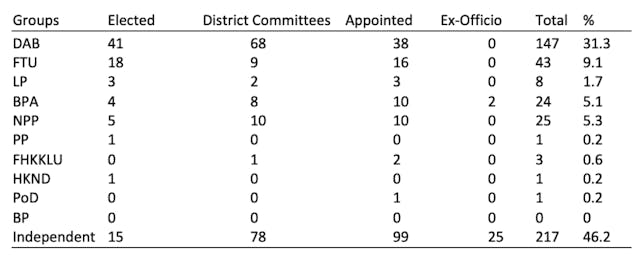
The Table above shows that while the DAB is the largest political group in the new District Councils, the FTU is trailing behind – a robust performance of the long-time patriotic camp. The moderate patriotic camp performed satisfactorily, including the LP which got eight seats in all the elected, district committees and appointed seats (1.7 percent), the BPA which got twenty-four seats in total (5.1 percent), and the NPP which acquired twenty-five seats in total (5.3 percent). The Professional Power (PP) captured one seat, and the pro-Beijing Federation of Hong Kong and Kowloon Labor Unions (FHKKLU) grasped only three seats – weak moderate patriotic groups. The new patriotic groups performed quite poorly, with PoD having one member appointed, Bauhinia Party (BP) without any elected or appointed member but it was founded with much media spotlight. The Bauhinia Party remains to be localized as its mainland-born leaders have not yet adapted to active participation in local electoral politics.
However, the non-party affiliated independents became the largest fragment in District Councils, having 217 members and occupying 46.2 percent of the seats. Given that the pro-government independents could secure enough nominations to participate in the elections, they are obviously the patriots contributing to the work of District Councils.
The DAB and FTU chairs, Gary Chan and Ng Chau-pei, said in the media well before the elections that the two groups did not coordinate among themselves. It looked as if the pro-Beijing groups were encouraged to compete among themselves, while the moderate patriotic groups could nominate members to compete with the long-time patriotic groups. As such, the 2023 District Council elections witnessed a fragmentation of the patriotic forces – perhaps a deliberate ploy adopted by the mainland Chinese officials responsible for Hong Kong matters for the sake of creating a degree of pluralism within the patriotic camp.
Second, immediately after the elections, the Liaison Office, the Commissioner’s Office of China’s Foreign Ministry in Hong Kong, and the Hong Kong Macau Affairs Office congratulated the District Council election as a success. This was understandable because, from the perspective of the central authorities, the elections represented an important event that not only guaranteed the success of the “patriots” governing Hong Kong but also laid a solid social and political foundation for the city’s economic prosperity and stability. Most importantly, the screening of the candidates ensured that those “anti-China” Hong Kong people were excluded from participation in the District Council elections, unlike the situation in 2019 when many of them were successfully directly elected.
Third, the ways in which the formerly pro-democracy candidates were excluded from being nominated in this 2023 District Council elections implied that they would have to change their political orientations to have a better chance of being nominated in future district elections. Several members of the Democratic Party (DP) failed to get nominations to run in the District Council elections. While the pro-Beijing official media did not reveal the reasons, it carried unofficial commentaries pointing to the “political unacceptability” of the DP’s platform and stance, for the party in the past criticized the national security law and new electoral system, including the Legislative Council elections in December 2021. If so, the DP may have to rethink whether its party platform would have to be revised in the future so that its members would stand a much better chance of being nominated.
Fourth, the power of nomination of candidates in the 2023 District Council elections was vested in the hands of the members of the three committees – Area Committees, Fight Crime Committees, and Fire Prevention Committees. Members of these three committees were influential and powerful; they could nominate candidates, they could vote for candidates running in the District Committees section, and they could get nominations from other members of the three committees if any of them might be interested in electoral participation. Before the elections, some members of the pro-democracy and other groups complained that the details of the members of three committees were not easily publicly accessible. The government authorities replied that if candidates wished to contact members of the three committees, it could be a conduit. Overall, it remains to be seen how the government would make the contact methods, like emails, of the members of three committees more easily accessible in future district elections.
In the 2023 District Council elections, it was reported that 87 percent (409) of the District Council members came from the members of the three committees, including seventy-five directly elected members, 147 members elected from the three committees, 111 appointed by the government, and thirteen members who are ex-officio members (rural committee members). If so, members of the three committees are politically far more influential and powerful than any other group.
It is understandable that, in the new era of Hong Kong politics, they are expected to be the gatekeepers of the political system; nevertheless, the government may have to ensure that conflicts of role and interest will be best avoided or minimized in the future. For instance, appointed members of District Councils would ideally come from sectors other than the three committees, especially ethnic minorities. There are only two members of ethnic minorities being appointed as District Council members after the elections – a number that appears to be far less than the composition of ethnic minorities in the population of Hong Kong.
Fifth, the computer glitch on the night of the election day led to the extension of voting hours from 10.30 pm to 12 pm – a situation that led to Chief Executive John Lee to demand a report from the electoral authorities within three months. It seemed that the database of voters was overcentralized in such a way that the cloud computing problem affected all the six hundred voting stations. If the database was decentralized and reorganized in accordance with the voting list in each of some six hundred voting stations, such sudden extension of voting hours might have been avoided. It was embarrassing, if not controversial, that voting hours were suddenly extended because of the computer problem. Indeed, rehearsals of voting should in the future embrace crisis management scenarios if electoral administration is expected to be smooth.
Sixth, the government organized a carnival on the night of December 9 to boost the voter turnout. However, the content of the carnival could have been more concrete by emphasizing the size of different constituencies in direct elections, the number of candidates in each constituency, and their platform. Many voters got confused with the size of their constituencies, the number of candidates, and their platform. In the past, election forums were held in District Council elections so that voters understood the candidates, their platform, and their party background in a much deeper manner. This time, only one pro-government organization held election forums, but the government itself did not hold any forum in the various townhalls of different districts. More work remains to be done if the government and its electoral authorities expect voluntary participation of voters.
Overall, the District Council elections in Hong Kong on December 10, 2023, could be regarded as a success, as the official media and mainland perspectives have declared. However, there were considerable areas of further improvement, including electoral administration, crisis management in the voting process, the lack of election forums for deeper debate among candidates and groups, and the “excessive” power of the members of the three committees. The dilemma is how to balance the gatekeeping role of the members of three committees and to minimize their potential conflict of roles. Moreover, if some candidates were excluded from being nominated, a much clearer message could have been conveyed to them rather than leaving the nomination matter ambiguous, unlike ironically the much clearer position of some unofficial commentaries of pro-Beijing media. The results of the elections, however, are clear: the long-time patriotic camp composed of the DAB and FTU constitutes the dominant force in Hong Kong’s local elections, while the moderate pro-government camp is trailing behind, with the new patriotic force performing quite poorly. Still, most of the District Council members remain non-party affiliated independents. It remains to be seen how the new District Council members will bring issues related to transport and environment and other district affairs to the attention of local-level officials, who are and will be expected to be responsive in the new era of Hong Kong-style democracy.
原刊於澳門新聞通訊社(MNA)網站,本社獲作者授權轉載。網址:https://www.macaubusiness.com/opinion-an-analysis-of-the-2023-district-council-elections-in-hong-kong/





